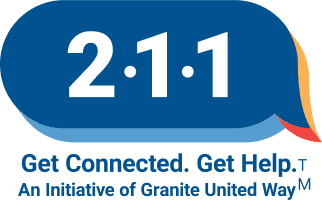WIC PROGRAM | COMMUNITY ACTION PARTNERSHIP HILLSBOROUGH AND ROCKINGHAM COUNTIES
146 Lafayette Road, Seabrook, NH 03874
Voice - Service/Intake
Call the WIC Information & Referral Line at (877) 211-0723 for an appointment to apply.
Program is free to those who meet eligibility requirements.
Rockingham county, New Hampshire
Description
The Special Supplemental Nutrition Program for Women, Infants & Children (WIC) provides nutrition education, breastfeeding support and access to nutritious foods to help keep pregnant women, new mothers, infants and preschool children healthy and strong. Services provided include: • WIC provides vouchers redeemable at area grocery stores for milk, cheese, eggs, juice, peanut butter, cereal, wheat bread and soy options. Additional dollar value vouchers are provided to purchase fresh, frozen or canned fruits and vegetables. • Referrals: Receive referrals for immunizations, health care and other programs. • Breastfeeding: WIC offers education and counseling to support your breastfeeding goals. • Health Screening: Learn about your child’s growth and development with regular height and weight measurements. • Nutrition education and counseling: WIC nutritionists offer nutrition tips and ideas on how to make healthy and affordable meals.
Last assured
07/11/2024
What's Here
Providing organization
COMMUNITY ACTION PARTNERSHIP HILLSBOROUGH AND ROCKINGHAM COUNTIES
The mission of Southern NH services is to provide activities designed to assist low-income participants (including the elderly poor) to secure and retain meaningful employment, attain an adequate education, and make better use of available income; to ameliorate the causes of poverty within our community; to meet urgent and immediate individual and family needs; including health, nutrition, housing, and employment related assistance; and to address the problems and barriers which block the achievement of self-sufficiency.
